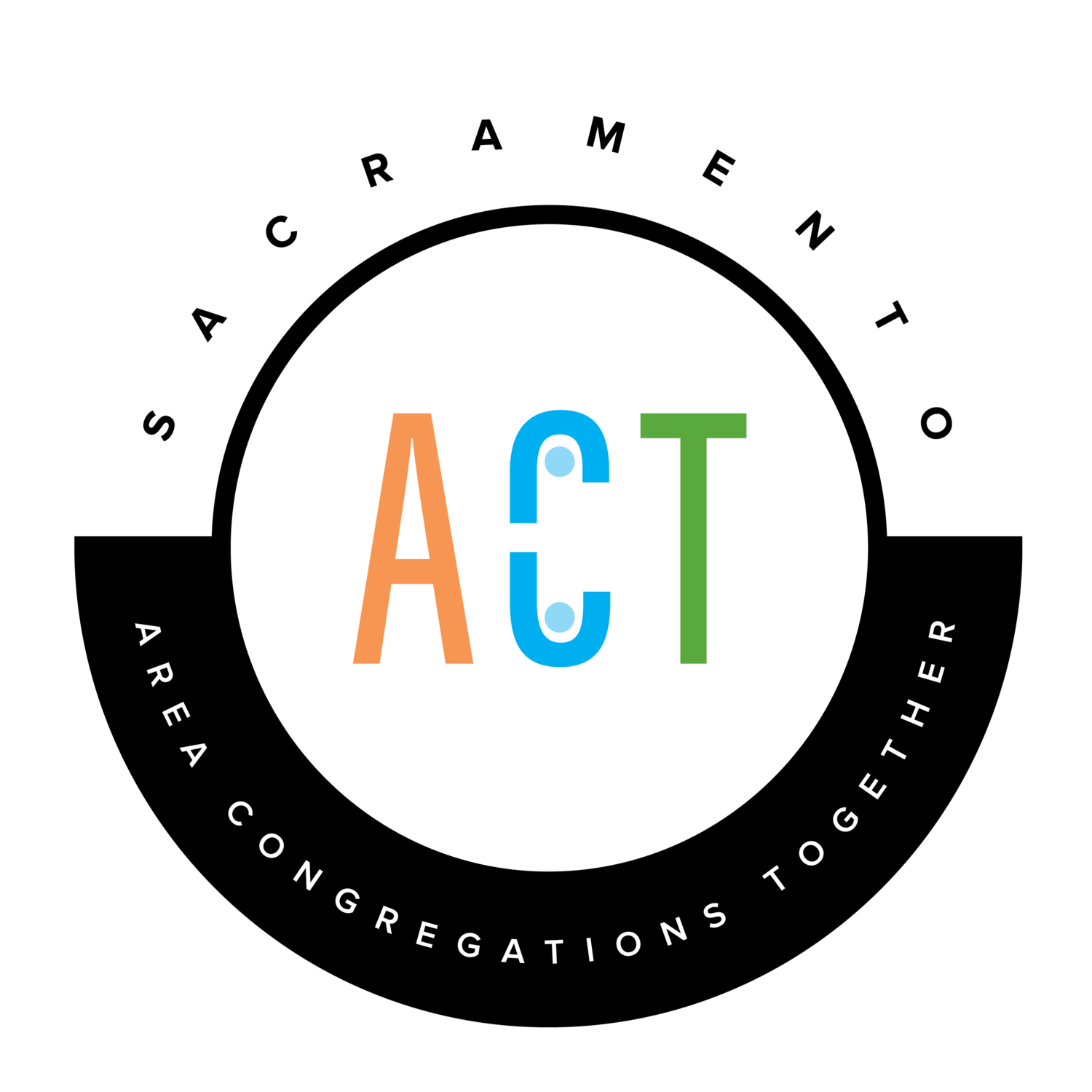When someone is shot in Sacramento, it’s a good bet that one of about 50 mostly black or Latino young men pulled the trigger.
Police know it. The figure comes in part from a city analysis of five years of homicide data and intelligence, said Khaalid Muttaqi, director of the city’s gang prevention and intervention task force.
Community members know it. The men are often well-established troublemakers in their neighborhoods, said activists who gathered recently in south Sacramento to discuss the problem.
DeVone Boggan knows it, too. In Richmond, where he runs an anti-gun violence program called Advance Peace, he has befriended 84 men considered most likely to kill with a gun there.
The truth about gun crimes, said Boggan, is that a small number of known shooters cause an outsize amount of trauma. They can be hard to catch, he said, and few have tried to reach them with anything but enforcement.
Boggan has taken a different approach. His Advance Peace initiative, backed by philanthropic and government funding, identified Richmond’s most active firearm-wielding criminals and tried to get them to change their ways through intensive one-on-one intervention, including therapy, mentoring and offering to pay them when they reached agreed-upon goals.
Boggan, supported by Sacramento City Councilman Rick Jennings, is proposing to bring Advance Peace to Sacramento.
In September, the Sacramento City Council will vote on whether to try Boggan’s program to reduce gun violence and gun-related homicides. The city is being asked to commit $1 million over four years in an attempt to target “the most lethal young men walking the streets,” Boggan said.
Reformed felons would serve as mentors. Participants, called “fellows,” would receive around-the-clock support along with cash stipends paid in increments for reaching milestones such as beating substance abuse, getting a high school diploma or improving parenting skills.
A month before the City Council vote, resistance to the idea of Advance Peace is simmering in Sacramento’s law enforcement community and among some on the City Council. District Attorney Anne Marie Schubert said she has “many concerns” and that Sacramento already has community organizations that “provide excellent youth mentoring and intervention programs.”
Sacramento County Sheriff Scott Jones, in an email interview, said he has “fundamental objections” to the program and to the idea of paying “people just to (not) commit crimes or shoot people.”
Boggan conceded that the cash payments, which could total $9,000 over 18 months, are part of what makes Advance Peace a “tough sell.” He emphasized that none of the money given to participants would come from the city. Instead, it would come from philanthropic donations.
“We are paying people to reach goals; we are not paying people not to commit crimes,” Sacramento Assistant City Manager Arturo Sanchez told a crowd of three dozen gathered in July at a community meeting at Fruitridge Community Collaborative. The meeting was organized by Sacramento Area Congregations Together so people could hear Boggan speak and learn more about the program.
Those who support bringing Advance Peace to Sacramento argue the current approach isn’t working. Les Simmons, a pastor and activist in south Sacramento, said many of those who work in the city’s most violent neighborhoods think it’s smart to go after triggermen in new ways.
“You can’t arrest your way out of this problem,” said Simmons, who attended the community meeting with Boggan.
